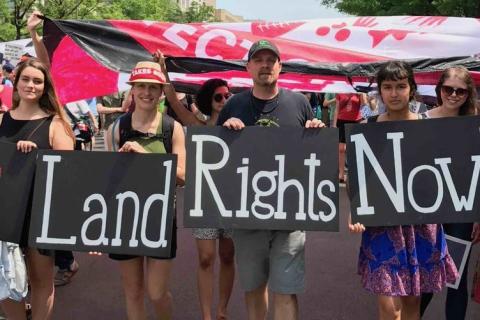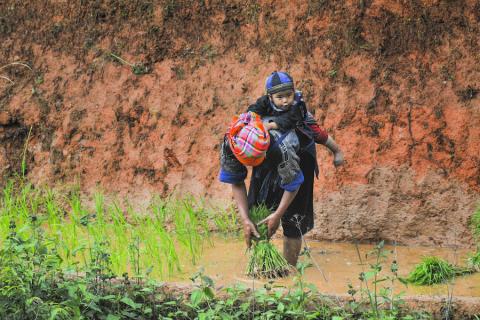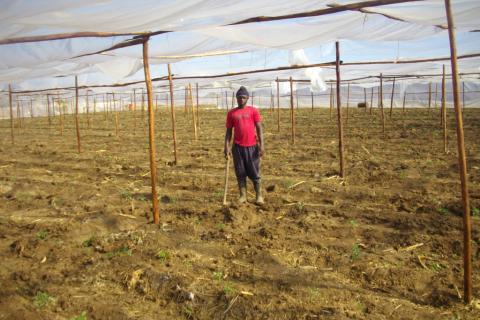The great experiment to put a price on nature
Fresh water, clean air, peace of mind – natural landscapes make life better for humans in myriad ways. Now scientists are trying to put a dollar figure on exactly how much nature is worth.
Tucked away in the Scottish Highlands, in an old commercial forest known as Birchfield near Loch Ness, is a rewilding project with a difference.












